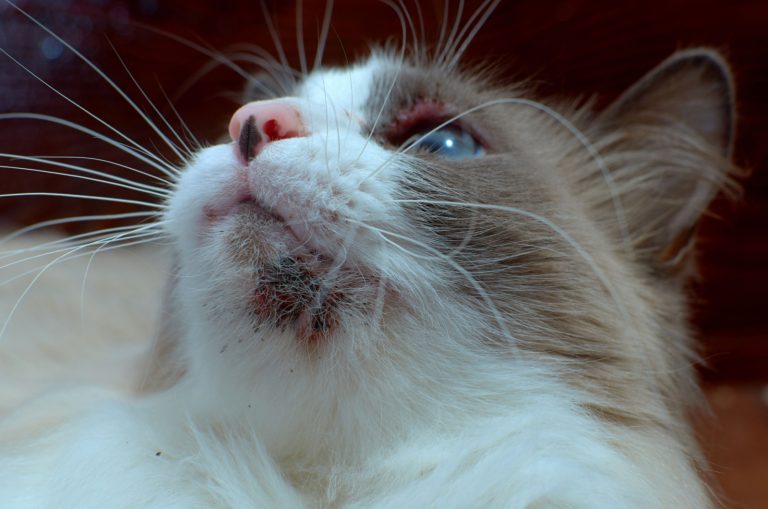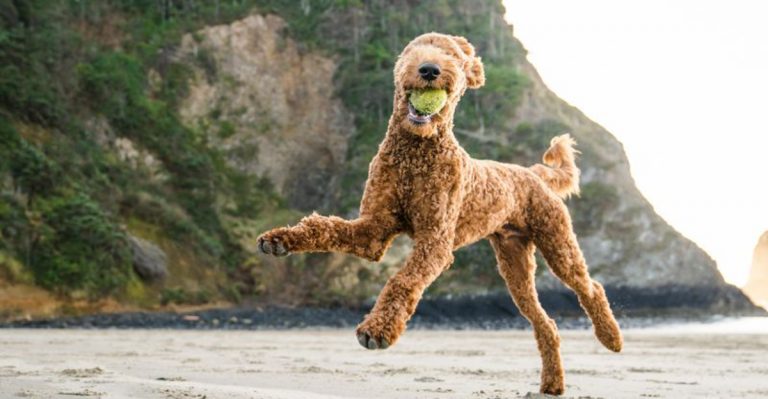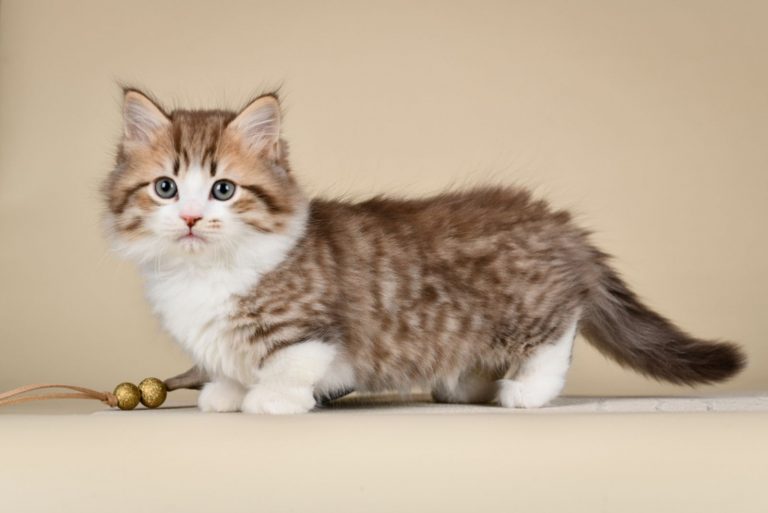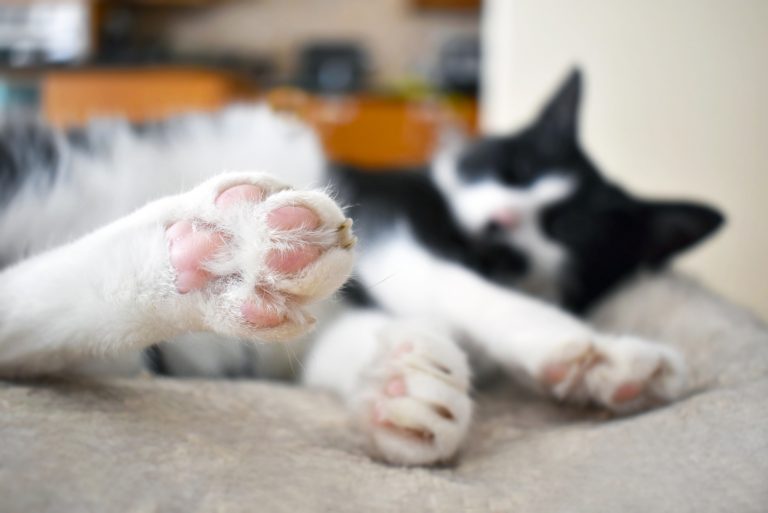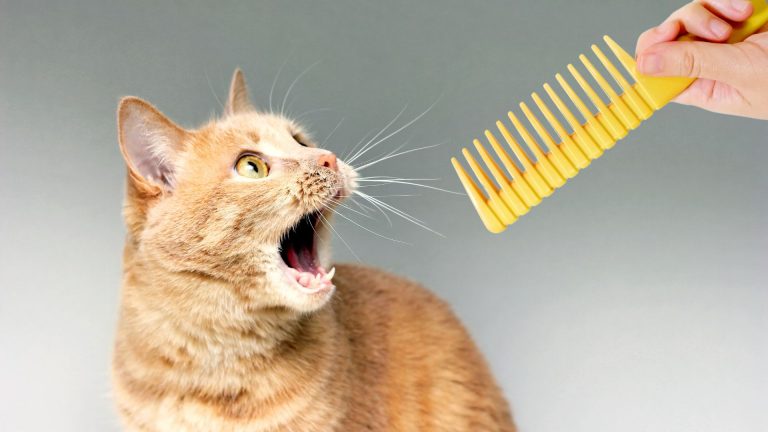17 Animals With Emotional Intelligence That Surpass Most Humans
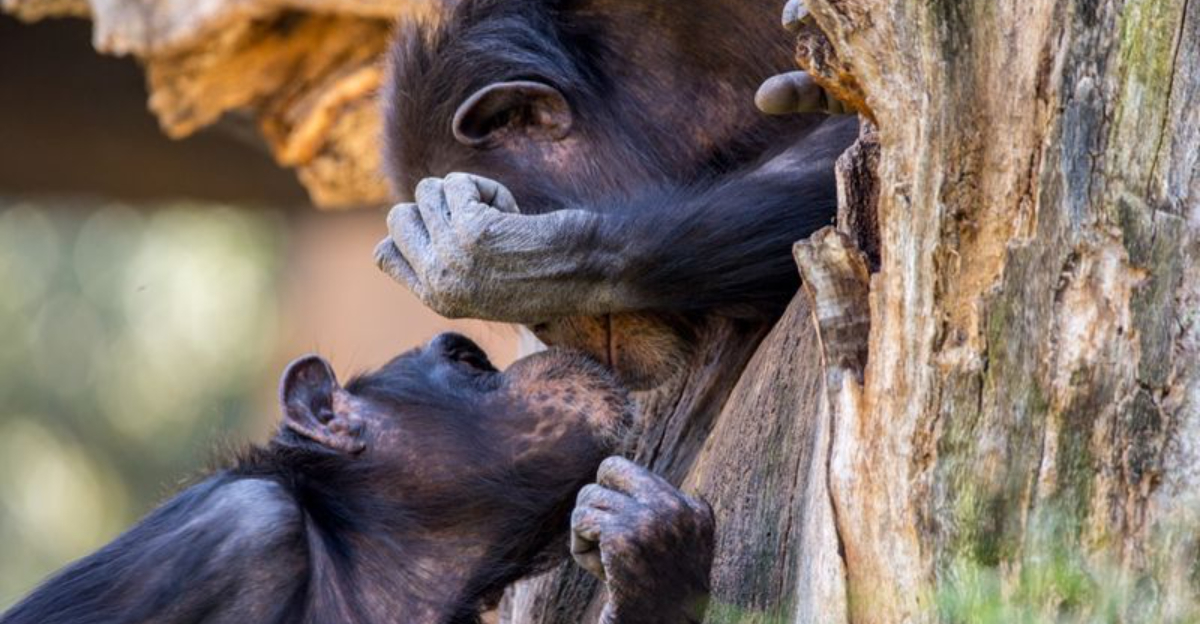
Ever wonder which animals understand feelings better than we do? Scientists have discovered that many creatures possess remarkable emotional intelligence, allowing them to form deep bonds, show empathy, and even mourn their dead.
From ocean depths to forest canopies, these 17 animals demonstrate emotional capacities that might make us humans a bit jealous.
1. Dolphins
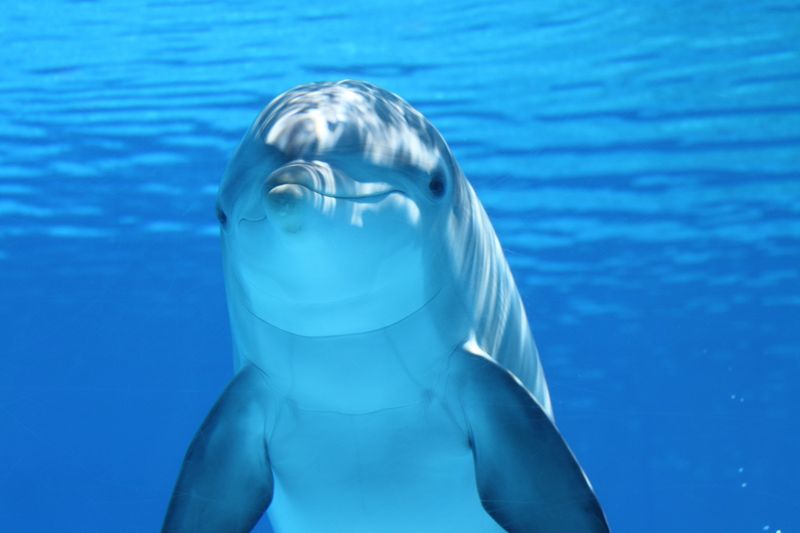
Beneath ocean waves, dolphins form intricate social networks rivaling human friendships. They rush to aid injured pod members, offering physical support to help them breathe.
These marine marvels communicate through unique whistles (essentially names) for each individual. Their capacity to recognize themselves in mirrors showcases self-awareness few animals possess.
2. Elephants
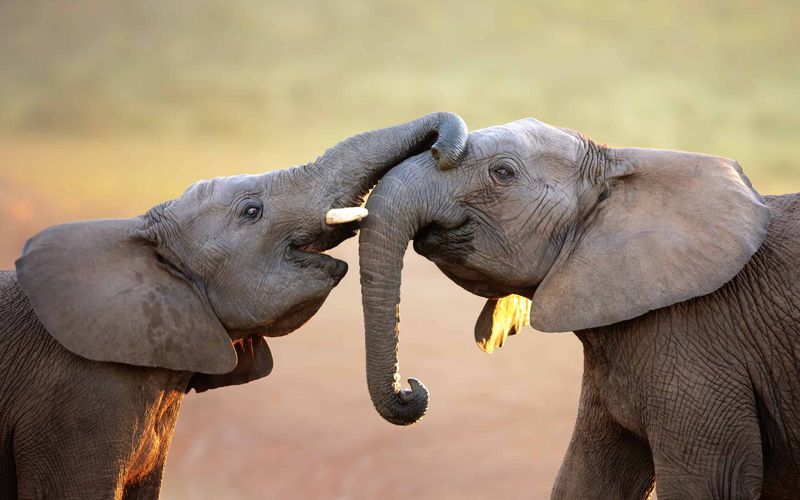
Matriarchs lead elephant families with wisdom accumulated over decades. When encountering the bones of their deceased, they gently touch the remains with their trunks, standing in silent tribute.
Baby elephants receive comfort from the entire herd when distressed. Their remarkable memory extends to emotional events, remembering both friends and threats for a lifetime.
3. Dogs
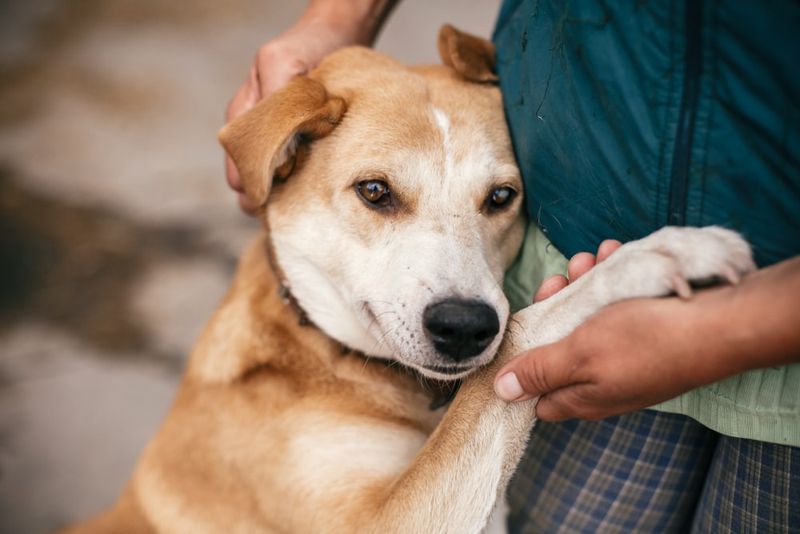
Your furry friend doesn’t just love you—they read your emotional state with remarkable accuracy. Studies show dogs distinguish between happy and angry human faces even in photographs.
When you’re sad, your dog’s behavior changes—they might press against you or lick your face. This isn’t just learned behavior; it’s genuine empathy developed through thousands of years alongside humans.
4. Crows
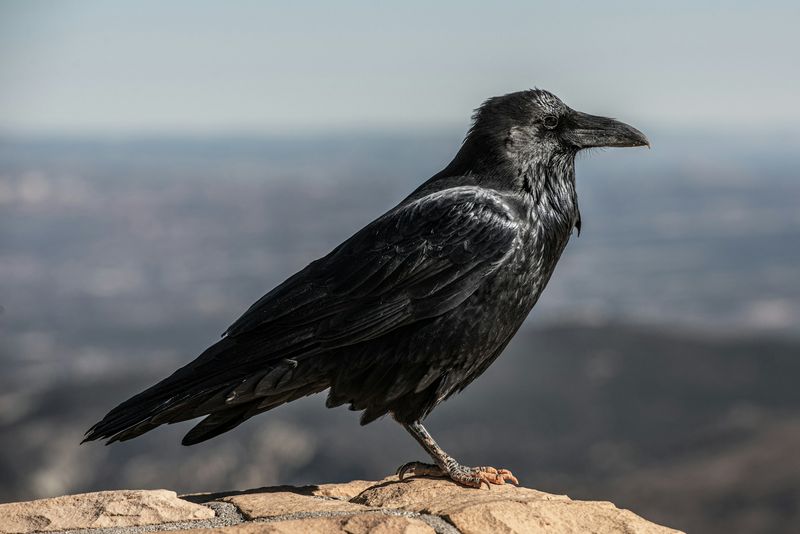
Hold a grudge against a crow, and its entire family might remember your face for generations. These remarkable birds recognize and remember humans who’ve threatened them, teaching their offspring to avoid these individuals.
Crows bring gifts to humans who feed them regularly—shiny objects, trinkets, even money. Their problem-solving abilities combine with emotional memory to form surprisingly complex relationships.
5. Octopuses
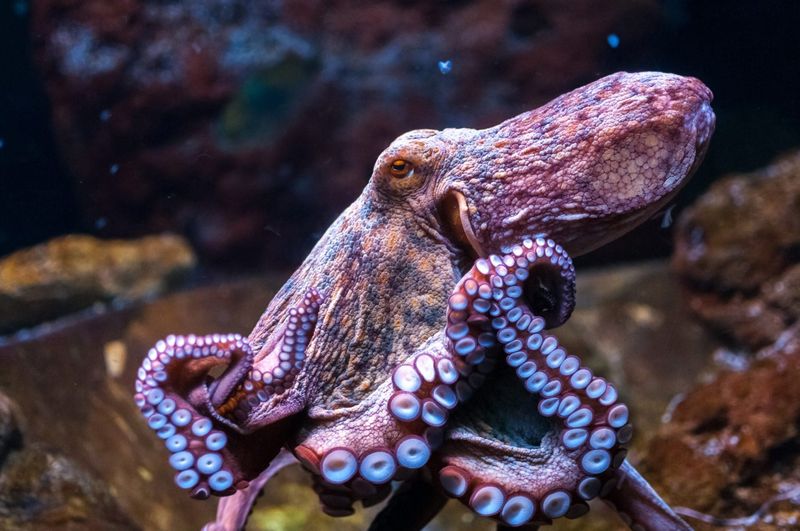
Behind those otherworldly eyes lies a mind capable of play, curiosity, and even mischief. Aquarium staff report octopuses recognizing specific keepers, squirting water at some while extending tentacles to others.
Each arm contains its own mini-brain, yet works in harmony with a central intelligence. These solitary creatures form surprising bonds with humans despite evolutionary paths that diverged over 500 million years ago.
6. Whales
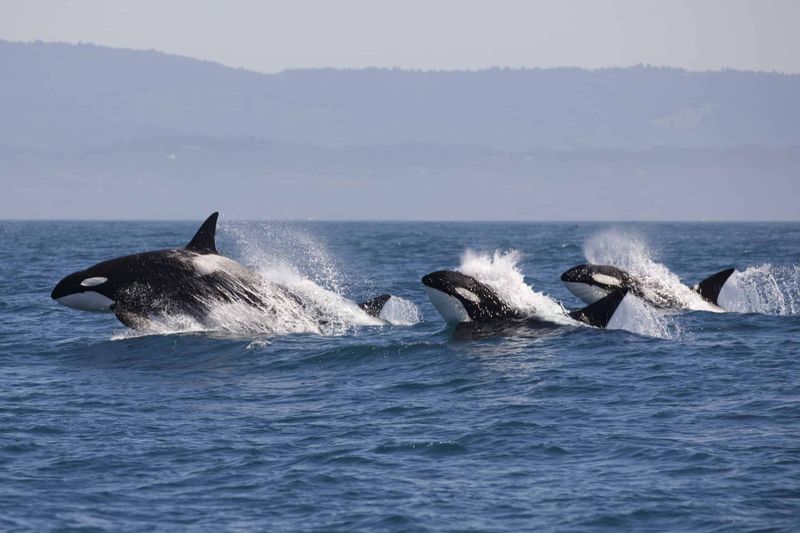
Haunting whale songs travel hundreds of miles through ocean depths, carrying messages we’re only beginning to understand. Female humpbacks form babysitting circles, taking turns watching calves while mothers feed.
Orcas swim alongside their pod members for life, with distinct cultural traditions passing through generations. When a pod member dies, some whales carry their deceased for days—a moving display of attachment rarely seen in nature.
7. Rats
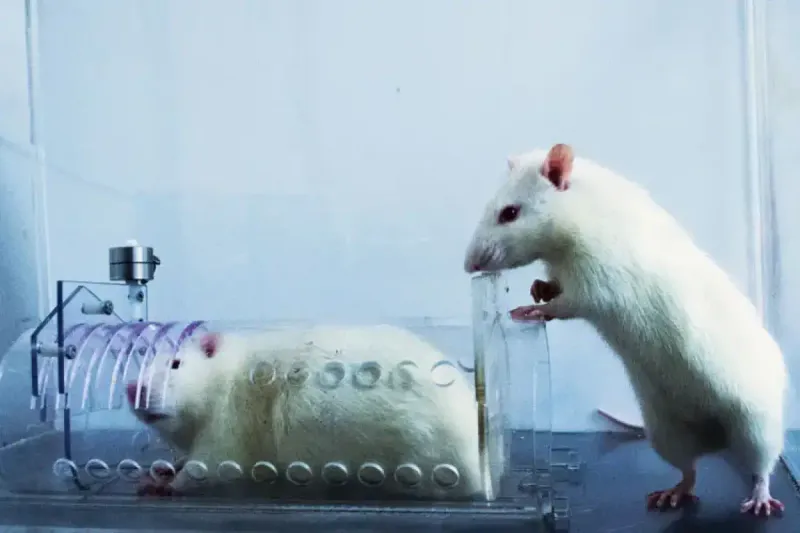
Laboratory experiments revealed something astonishing: rats will free trapped companions even when chocolate treats are available as alternatives. This selfless behavior suggests empathy drives their actions, not just survival instinct.
Rats laugh when tickled: producing ultrasonic chirps of joy. They form strong social bonds, groom friends, and even dream about navigating mazes they’ve explored while awake.
8. Chimpanzees
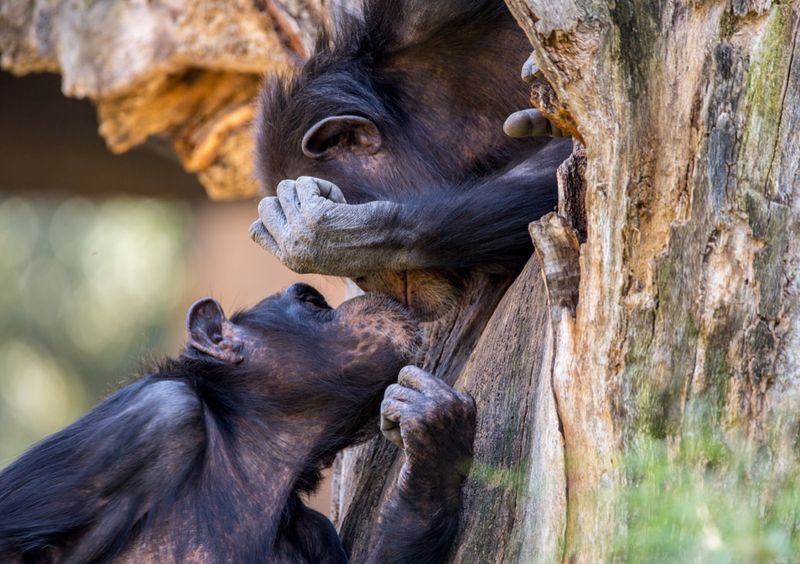
Watching chimps reconcile after arguments reveals their emotional sophistication. Former opponents often embrace, groom each other, or share food as peace offerings.
Young chimps orphaned by poachers show symptoms similar to PTSD in humans. Their faces express joy, sorrow, and curiosity through expressions eerily similar to our own, a mirror to human emotions.
9. Horses
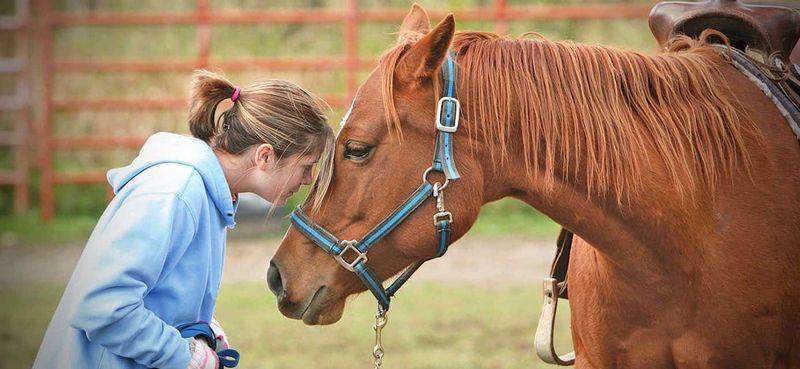
Ancient partnership with humans has given horses an uncanny ability to read our emotional states. Their heart rates synchronize with riders during competitions, creating a physical connection beyond simple training.
Horses remember people who treated them kindly or harshly years later. Their large, expressive eyes reveal fear, curiosity, and contentment that transcends species barriers, making them powerful therapy animals for trauma survivors.
10. Parrots
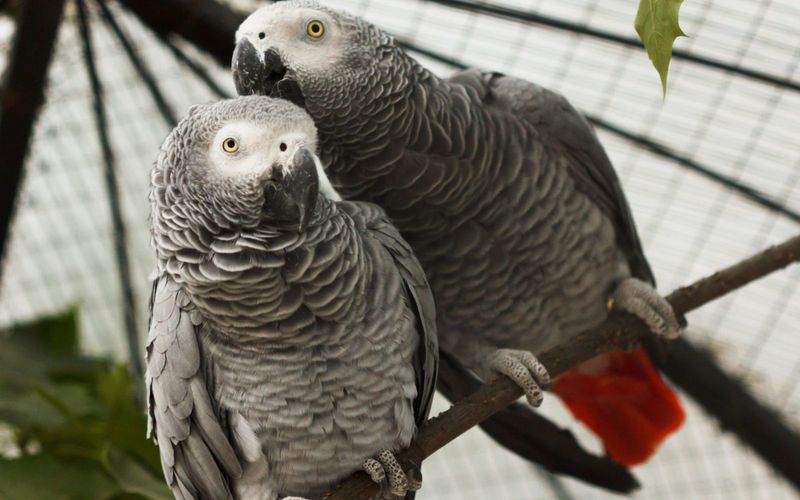
Alex, a famous African Grey parrot, once asked what color he was while looking in a mirror—showing self-awareness previously thought impossible in birds. When his trainer appeared sad, he would say “Don’t worry” unprompted.
Parrots form lifelong bonds with their human companions. Some grieve so deeply after losing their person that they pluck their feathers or stop eating—emotional attachments lasting decades.
11. Orangutans
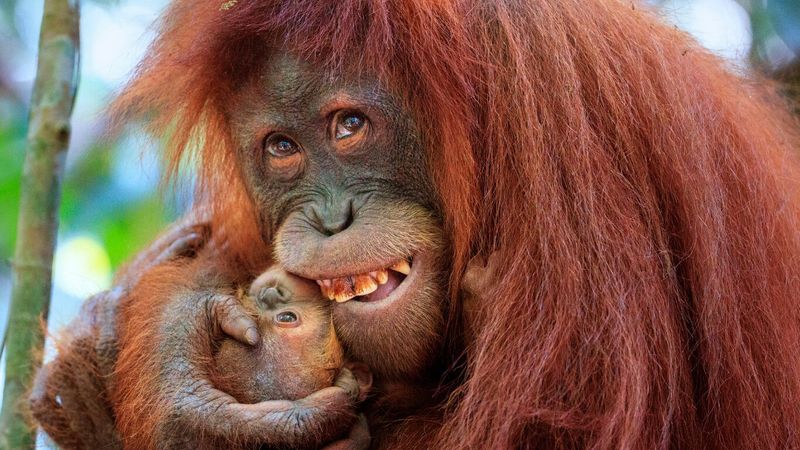
Female orangutans spend nine years raising each child—the longest childhood of any animal except humans. This extended learning period builds complex emotional intelligence and problem-solving skills.
When reunited with caregivers after years apart, orangutans often embrace them with pure joy. Their expressive faces show contemplation, amusement, and even embarrassment when they make mistakes during tasks.
12. Lions
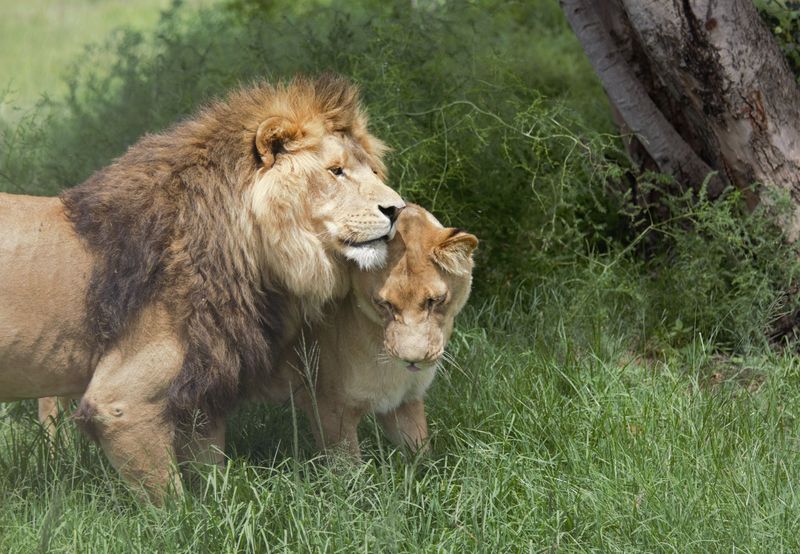
Male lions might look fierce, but it’s lionesses who maintain the emotional cohesion of the pride. They hunt together with coordinated strategies requiring emotional understanding of each member’s strengths.
Cubs are raised communally, with aunts babysitting while mothers hunt. When reuniting after separation, lions greet each other with head rubs and purrs that strengthen social bonds essential for survival.
13. Cats
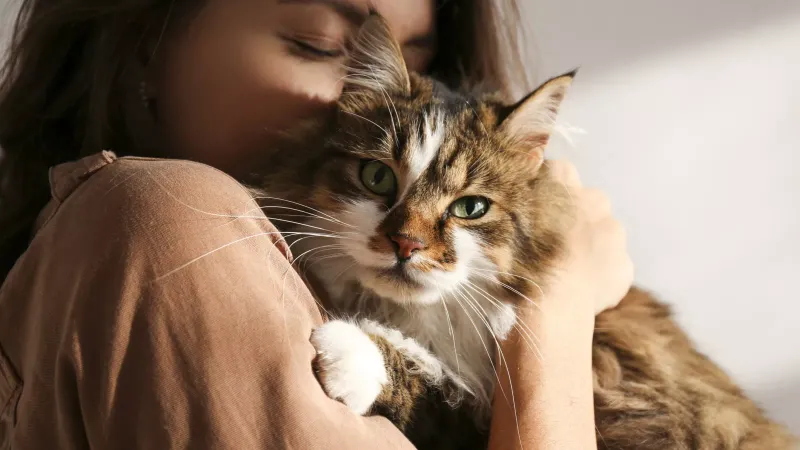
Contrary to their aloof reputation, cats form deep attachments to their humans. The slow blink—a cat’s kiss—indicates complete trust and affection, a vulnerable gesture in a predator species.
Felines adjust their behavior based on their owner’s emotional state. Many cat owners report their pets staying close during illness or depression, sometimes detecting medical problems before doctors diagnose them.
14. Pigs

Farmers often underestimate the emotional depth of pigs, who recognize themselves in mirrors and solve complex puzzles. They dream during REM sleep and respond to their names when called.
Mother pigs sing to their piglets while nursing—a special vocalization that soothes their young. When free to choose, pigs form friendship groups with preferred companions they seek out day after day.
15. Elephant Seals

Beach colonies of elephant seals maintain complex social structures requiring emotional intelligence to navigate. Males remember past interactions, avoiding fights with those who previously defeated them.
Mothers recognize their pups’ unique calls among thousands of similar youngsters on crowded beaches. This remarkable memory for voices helps maintain family bonds in seemingly chaotic colonies where emotional recognition ensures survival.
16. Ravens
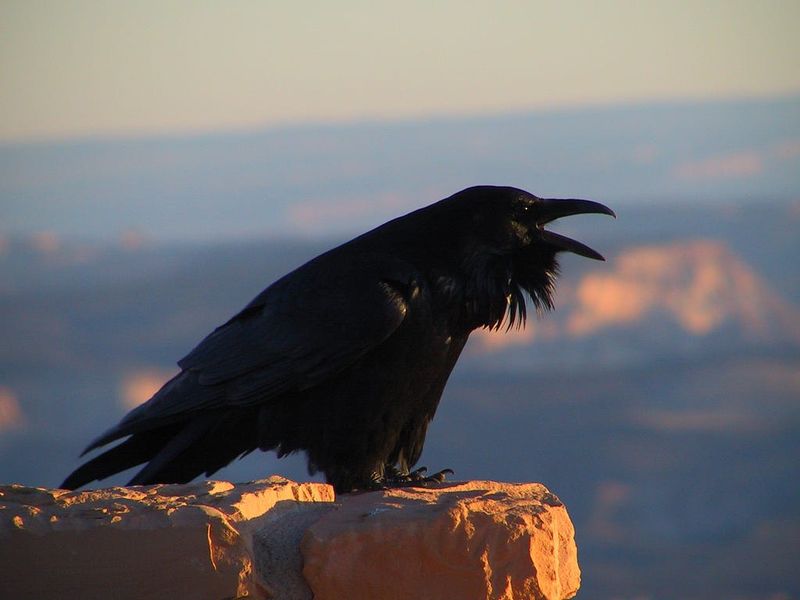
Young ravens engage in play that resembles emotional practice—pretending to be angry or scared to learn social boundaries. They share information about food sources with friends but not rivals, showing relationship awareness.
Mated pairs console each other after conflicts with other ravens. Their vocabulary of over 30 distinct calls communicates nuanced emotions from excitement to disappointment, creating rich social interactions throughout their long lives.
17. Koalas
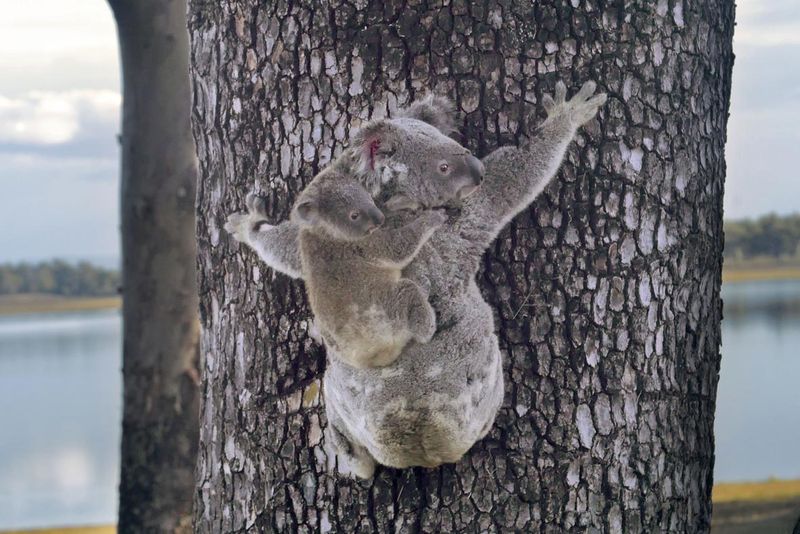
Behind their sleepy appearance, koalas maintain complex emotional attachments to specific trees in their territory. Forced relocation causes visible signs of stress and disorientation equivalent to homesickness in humans.
Mothers carry joeys for months after they could physically survive independently. This extended care period builds emotional resilience in young koalas, teaching them to navigate their challenging specialized lifestyle.

